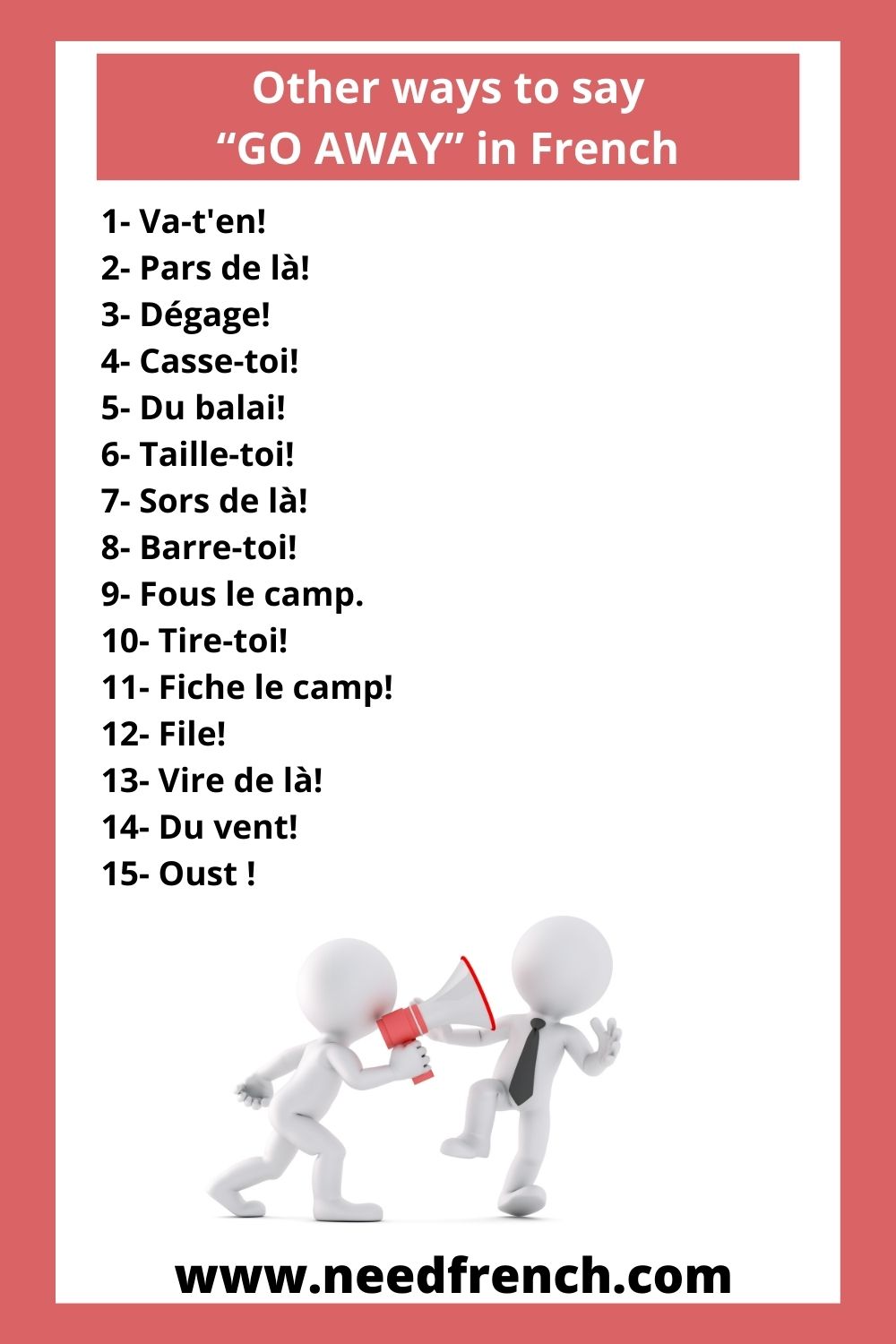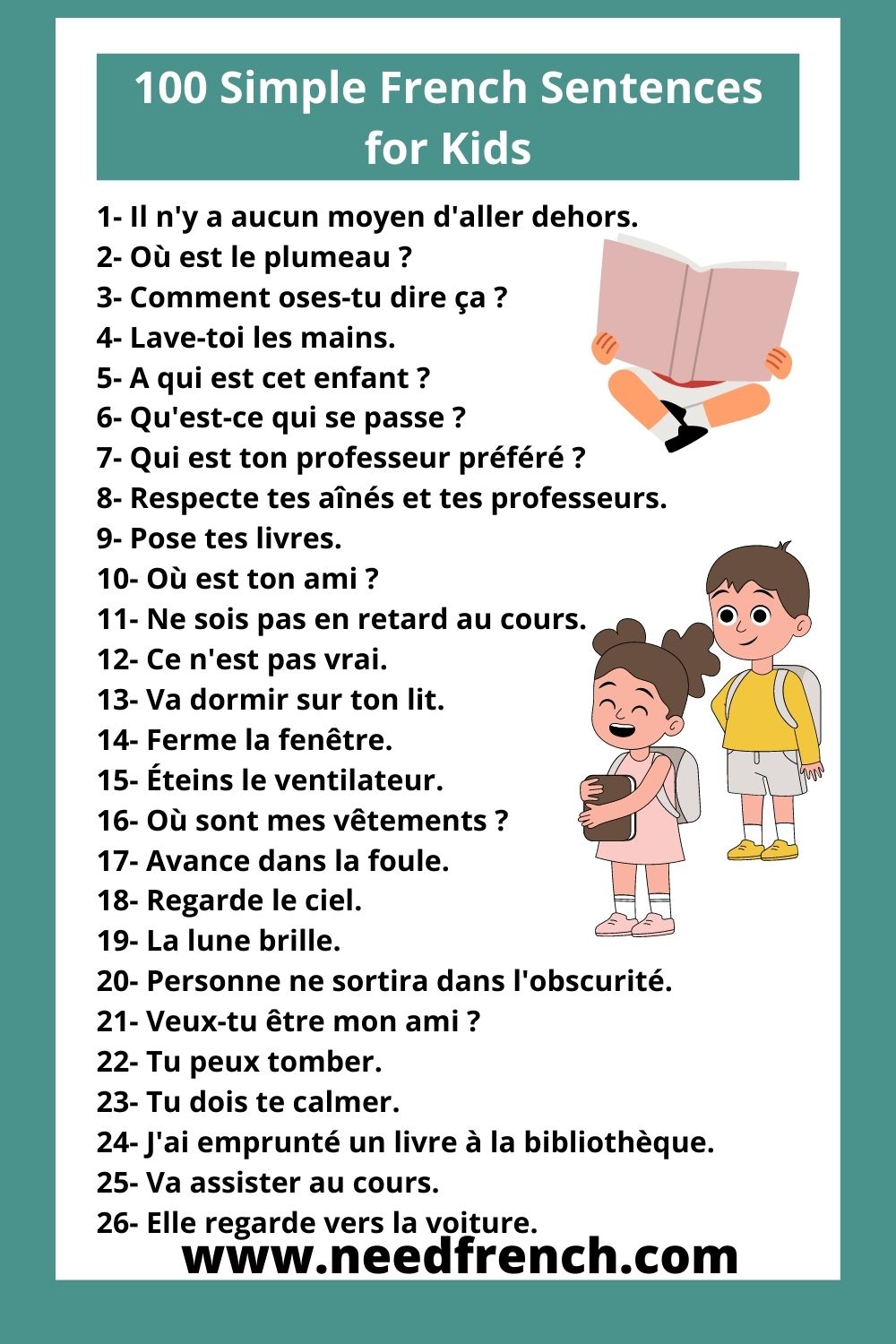Bonjour! Welcome to your essential guide on how to talk about family members in French. Whether you’re preparing for a trip to France, studying the language, or simply curious about French culture, understanding family-related vocabulary is crucial. This guide will help you navigate the diverse terms used for family members in French, from immediate family to extended relatives and everything in between.
Introduction
In French, the family (la famille) is a central part of society. Understanding how to refer to different family members is essential for everyday conversations and for describing your own family. Let’s dive into the various terms used for family members in French.

Immediate Family
These are the people you’re most likely to live with or see regularly:
- Mother – la mère
- Father – le père
- Parents – les parents
- Wife – l’épouse
- Husband – l’époux
- Brother – le frère
- Sister – la sœur
- Son – le fils
- Daughter – la fille
- Child/children – l’enfant/les enfants
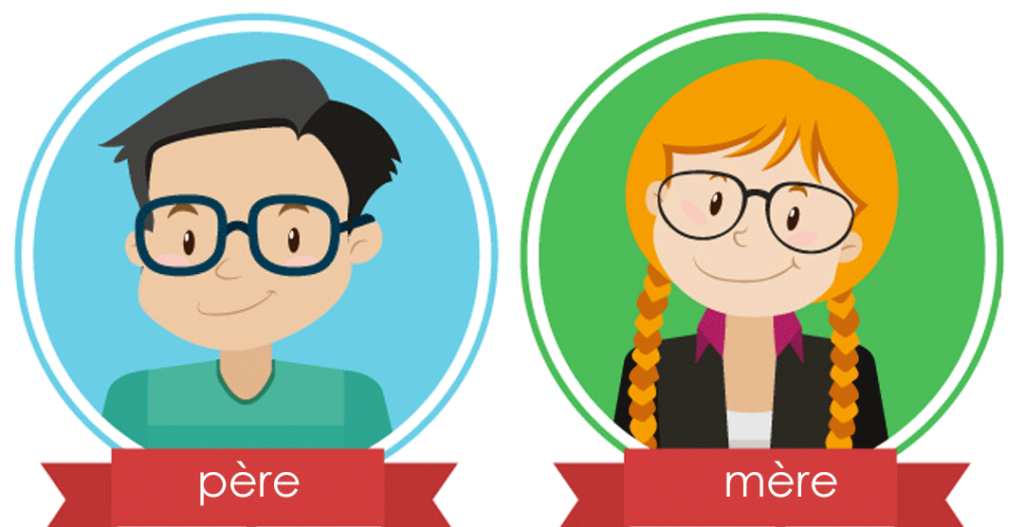
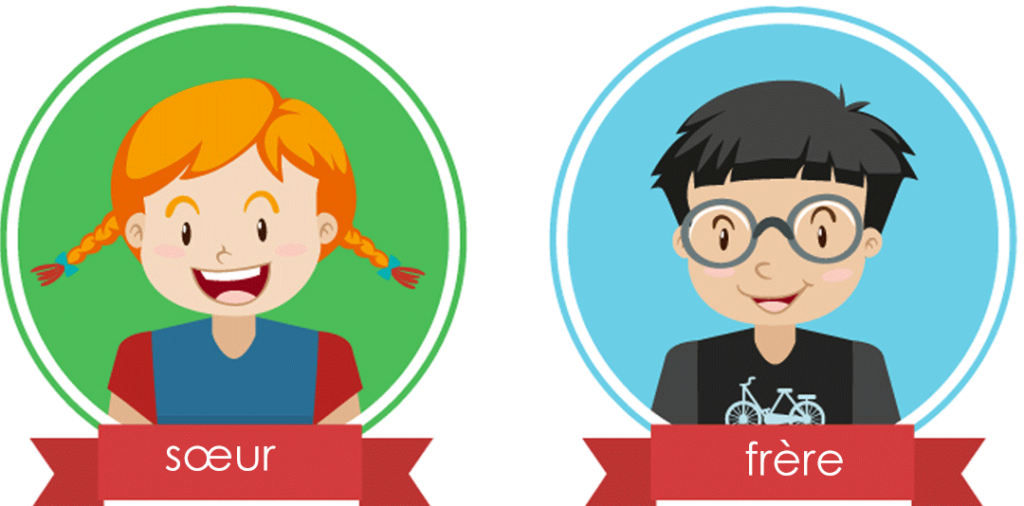
Example sentence: Ma mère et mon père ont trois enfants : mon frère, ma sœur et moi. (My mother and father have three children: my brother, my sister, and me.)
Extended Family
These are relatives beyond your immediate family:
- Grandparents – les grands-parents
- Grandmother – la grand-mère
- Grandfather – le grand-père
- Great-grandparents – les arrière-grands-parents
- Great-grandmother – l’arrière-grand-mère
- Great-grandfather – l’arrière-grand-père
- Grandson – le petit-fils
- Granddaughter – la petite-fille
- Aunt – la tante
- Uncle – l’oncle
- Niece – la nièce
- Nephew – le neveu
- Cousin – le cousin (male) / la cousine (female)
- Second cousin – le cousin germain / la cousine germaine

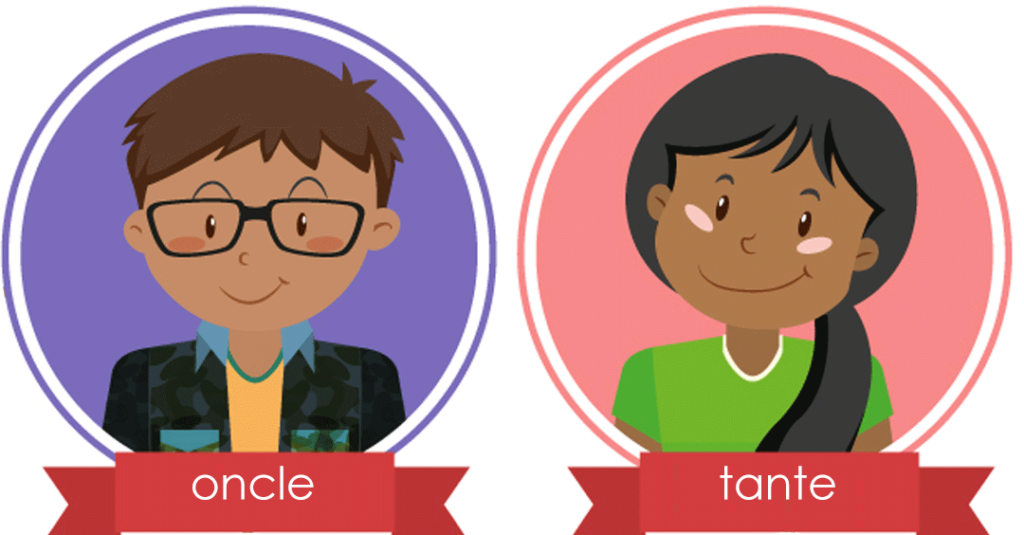
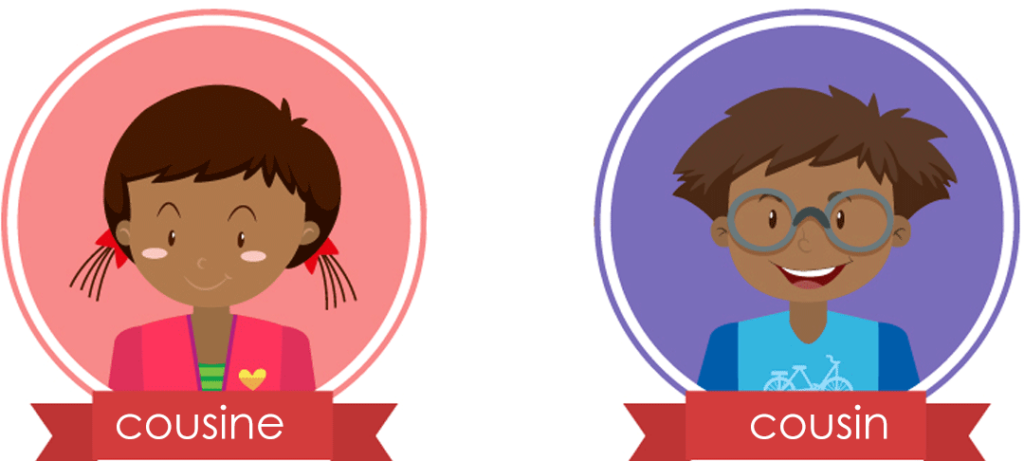
Example sentence: Chaque été, je rends visite à mes grands-parents et à mon oncle dans leur maison à la campagne. (Every summer, I visit my grandparents and my uncle at their house in the countryside.)
Informal Names
In casual settings, French speakers often use more informal terms for family members:
- Mum/Mom – maman
- Dad – papa
- Grandma – mamie, mémé
- Grandpa – papi, pépé
Example sentence: Papa et Maman, pouvons-nous rendre visite à Mamie ce week-end ? (Dad and Mom, can we visit Grandma this weekend?)
Step-Family and In-Laws
In French, the same terms are used for step-family members and in-laws:
- Stepmother/Mother-in-law – la belle-mère
- Stepfather/Father-in-law – le beau-père
- Stepbrother/Brother-in-law – le beau-frère
- Stepsister/Sister-in-law – la belle-sœur
- Stepson/Son-in-law – le beau-fils
- Stepdaughter/Daughter-in-law – la belle-fille
- Stepchildren – les beaux-enfants
- Parents-in-law – les beaux-parents
- Half-brother – le demi-frère
- Half-sister – la demi-sœur
Example sentence: Ma belle-mère est très gentille ; elle m’a accueilli dans sa famille comme son propre fils. (My mother-in-law is very kind; she welcomed me into her family like her own son.)
Adoption and Fostering
For adopted or foster family members:
- Adoptive father – le père adoptif
- Adoptive mother – la mère adoptive
- Biological parents – les parents biologiques
- Biological father – le père biologique
- Biological mother – la mère biologique
- Foster family – la famille d’accueil
- Foster mother – la mère de la famille d’accueil
- Foster father – le père de la famille d’accueil
- Godfather – le parrain
- Godmother – la marraine
- Godson – le filleul
- Goddaughter – la filleule
Example sentence: Les parents adoptifs de Marie l’aiment comme leur propre fille. (Marie’s adoptive parents love her like their own daughter.)
Special French Family Terms
French has some unique terms related to family:
- l’aîné(e) – eldest child (noun); older than/your senior (adjective)
- le cadet/la cadette – youngest child or second-born child (noun); younger (adjective)
- le benjamin/la benjamine – youngest child in the family
- les gosses – kids (informal)
- l’enfant – child
Example sentence: Dans notre famille, je suis l’aîné, mon frère est le cadet, et ma sœur est la benjamine. (In our family, I’m the eldest, my brother is the middle child, and my sister is the youngest.)
Tips for Learning French Family Terms
- Create a family tree using French terms.
- Practice with flashcards, labeling family photos with French terms.
- Watch French movies or TV shows, paying attention to how characters refer to family members.
- Use language learning apps that focus on family vocabulary.
- Try to describe your own family in French to practice using these terms in context.
Practice Exercises
- Translate the following sentence to French: “My sister’s husband is my brother-in-law.”
- How would you say “I have two half-brothers and one stepsister” in French?
- Describe your family (real or imaginary) using at least five different French family terms.
Remember, learning a language takes time and practice. Don’t be afraid to make mistakes – they’re a natural part of the learning process. Bonne chance avec votre apprentissage du français ! (Good luck with your French learning!)



